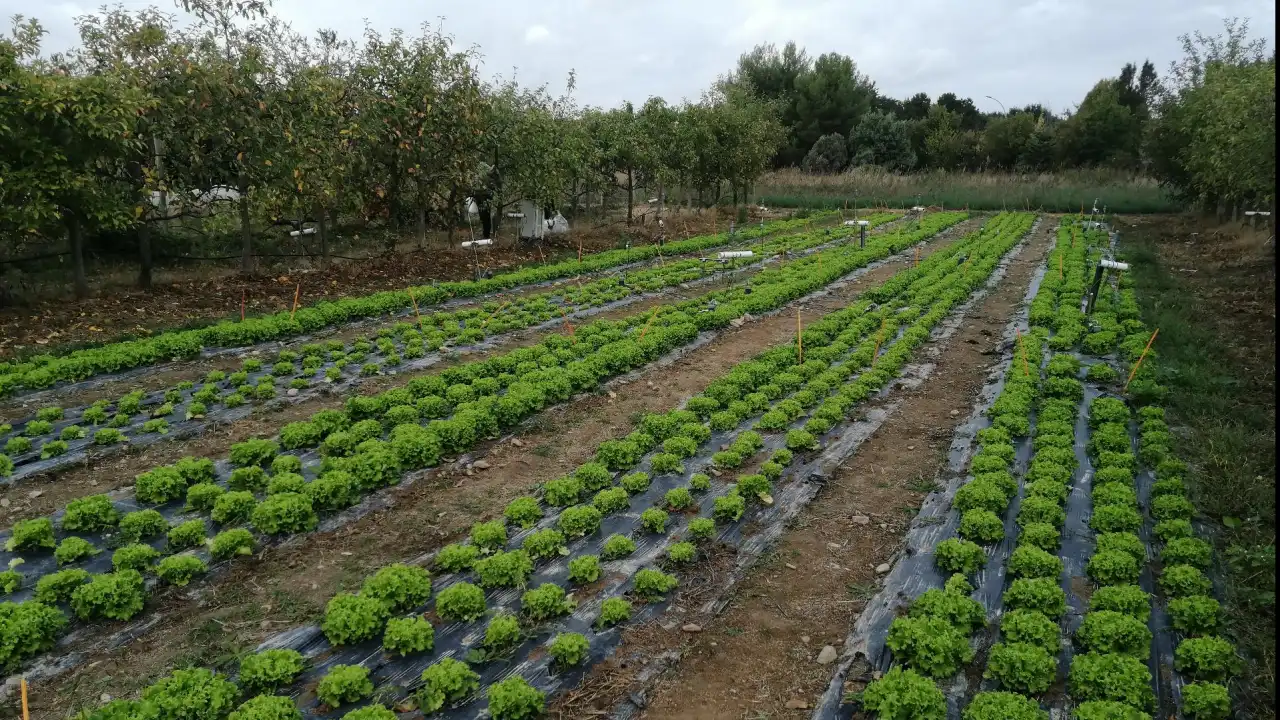Organic amendments: impact on soil fertility and management of inputs

Organic soil improvers such as composts are a major lever for ensuring the physical, chemical and biological fertility of soils. In a context of global change, carbon sequestration in soils is a possible solution for limiting greenhouse gas emissions. Nevertheless, the composts available on the market are numerous, not least because the waste produced is increasingly diverse. Since January 2024, bio-waste has had to be sorted at source. Composting bio-waste is an agronomic option. A study carried out at the Institut Agro in Angers assessed the suitability of these composts. The characteristics of the soil and compost must be taken into account to assess their fertilizing power and their contribution to...